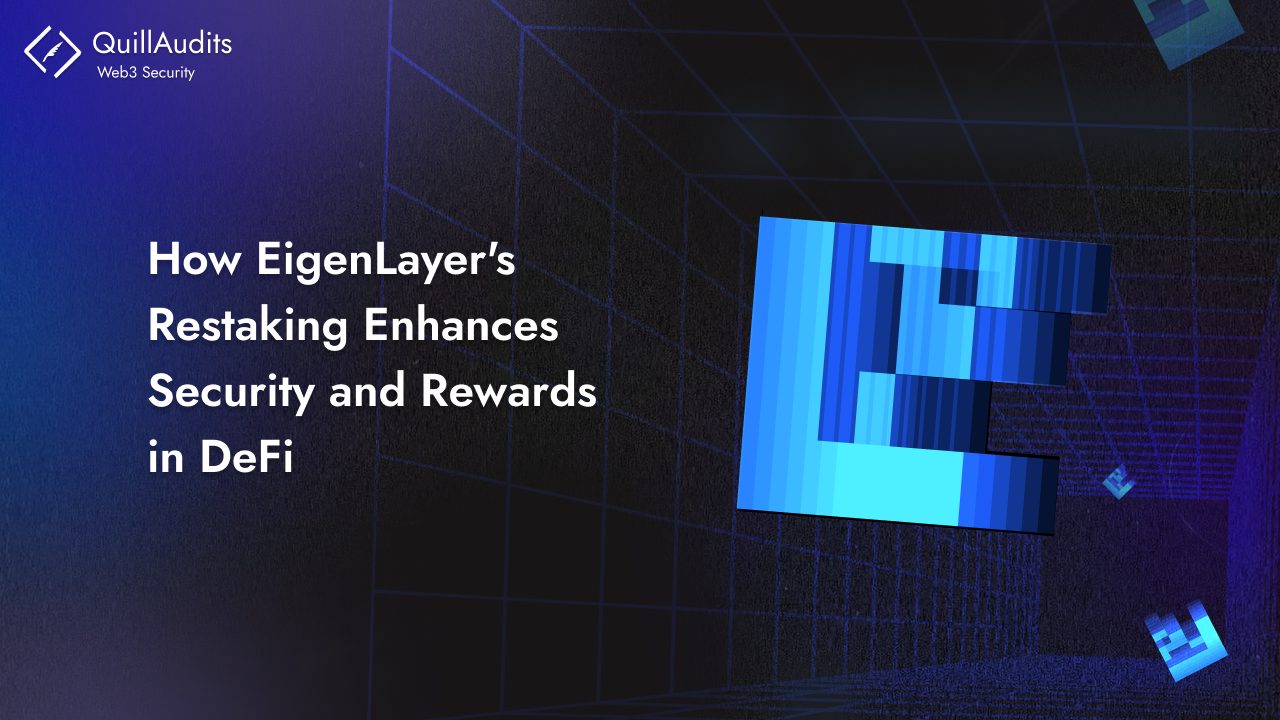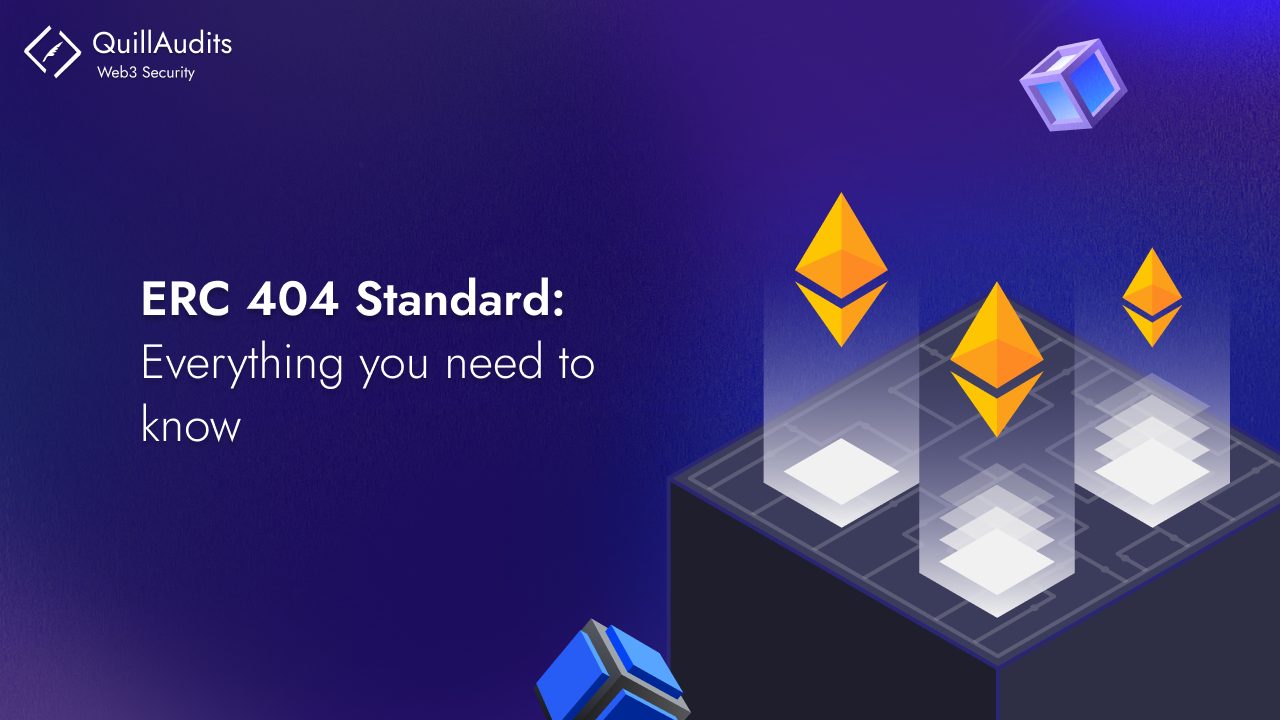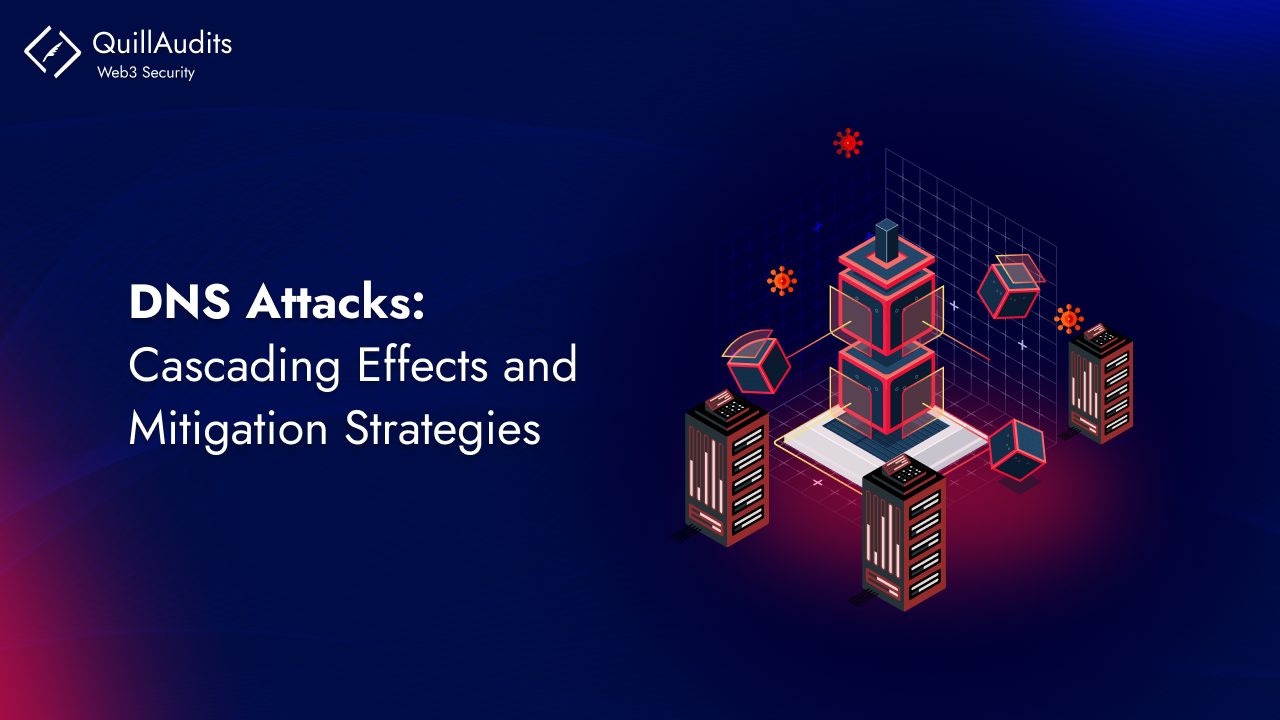NFTs, or Non-Fungible Tokens, have emerged as the newest craze. NFT art and collectibles are selling for millions of dollars all around the world. If you’re a crypto geek, the emergence of NFTs in the mainstream media and on the world stage is no surprise.
There have been cryptographic tokens for a while but the uniqueness factor that NFTs bring for an asset in the digital space has introduced a new world of opportunity.
NFT prices have risen sharply as many new models have come to light. Celebrities all around the world are entering the space driving the next influencer era through NFTs. Digital real estate, collectibles, only fans, sports, and potentially any and all industries are exploring NFTs.
NFTs utilize blockchain technology in a similar way to cryptocurrencies. NFTs are essentially what we refer to as a 'collectors' item. However, a work of art or collectible is one of a kind if there are only a few. An NFT is yours once you obtain it. It's impenetrable and impossible to duplicate.
By obtaining, it means that you own a particular hash on the Blockchain which represents some unique properties and an asset in any form such as an image or a video. Together, the characteristics and the asset form a hash which is stored on the immutable ledger of Blockchain and allocated to a particular users’ wallet address or public address.
From the current boom and innovation in the space, it is evident that NFTs will be around for a long time, but many people in the industry are still in the dark about what they are. And on top of that, they have no idea how to defend themselves if they want to enter the NFT market, which is crucial because scammers are waiting to take advantage.
Just like any industry that grows quickly, the chances of scams and frauds also grow exponentially.
Apart from the obvious loopholes in the smart contracts of the NFTs, there are many potential ways in which a user can end up losing all their savings.
Let’s look at some of the most common forms of NFT scams:
1. Replica NFT Marketplaces
Replica stores are a well-known source of internet fraud around the world. To commit fraud, scammers create fake websites that appear precisely like the real thing. They then attempt to mislead people into providing login passwords or credit card details. Online businesses in a wide range of sectors, including those selling NFTs, are being attacked, as a result of this.
In comparison to prior months, the number of suspicious-looking domain registrations for NFT shop names like ‘Rarible,’ ‘Opensea,’ and ‘Audius’ surged by over 300% in March 2021.
Replica NFT stores may resemble rip-offs of Real NFT stores. A real NFT business’s logo, a website structure that looks comparable, and the sale of NFTs available from the actual store are all hallmarks of the rip-off.
Example of an online replica store – Source
2. Fake NFT Marketplaces
Fake NFT stores are now appearing that utilize the original store’s URL’s keywords or comparable terms. The website will resemble the one you are used to, and the scammers may try to fool you into purchasing a fake NFT or providing them with your private key. Keep an eye on the URL and the method by which you arrived at the website, and report any suspicious activity.
Stats on NFT scams: The suspicious Domain Name registration with keywords like ‘NFT’, ‘NFT and Crypto’, ‘NFT and Market’, and ‘NFT and trade’ have grown up by more than 294% (Average) in the month of March 2021 alone.
These numbers indicate that there will be an increase in NFT frauds in the future, and all precautions must be taken to protect against these scams.
Must Read: 4 Best Practices for NFT Auctions
3. Artist Impersonation
Anyone may commit digital art theft and pass it off as their own. They attempt to sell well-known NFTs for a low price and succeed in doing so for a small number of transactions before their accounts are terminated.
Here's some sound advice: If something seems too good to be true, it generally is. Second, make sure the artist you're purchasing from has been confirmed by doing some research first ( the product from the holder is verified).
Source – Rarible.com
4. Brand Impersonation
This has been a prevalent fraud in cryptocurrencies since the beginning and has spread to the NFT space as well. Brand Impersonation is making similar accounts to the original account.
As a precautionary step, never give out your private keys to anybody, never input them online, and constantly be mindful of the location of your NFT searches.
MetaMask is an excellent tool for connecting to and using dapps, but be mindful of the permissions you provide these dapps. Maintain adequate safety and security online, and you won’t have to worry about this as much. If you come across someone acting illegitimately, report the account so that you might perhaps rescue someone else.
Rarible.com communities on Telegram
5. Fake Giveaways/Airdrops
Giveaways and Airdrops are very common in the Cryptoverse. Scammers are now taking advantage of this method to provide fake Airdrops with malicious intent.
Scammers target crypto enthusiasts in these frauds by promising them free crypto/ NFTs/ tokens connected to NFT markets. Moreover, They target well-known cryptocurrencies, as well as companies and individuals affiliated with them.
Fake Giveaway – Source
6. NFT Bidding Gimmick
Owning an NFT means you’re going to want to link it to OpenSea, which is a fantastic marketplace to look around for NFTs, purchase them, and sell them, but it also comes with some dangers.
On OpenSea, a nasty fraud has just appeared in which bidders used USDC currency instead of WETH or ETH to bid what you want to sell your NFT for. Avoiding this scam may seem simple enough, but some scammers go the extra mile by changing their profile picture to include the WETH logo, leading you to believe “Wow, someone just bid 5.3 WETH for my piece!” without double-checking, leading you to sell your tokens and discover you received 5.3 USDC in return. This may be avoided by just being patient and thorough while evaluating your proposals.
Scammers take advantage of this blatant lack of common sense. As an advance step to stop frauds, report the offender to the NFT’s Discord server and get them banned if they are already on there.
Final Words
The NFT boom is real and so are the scams. There are several frauds out there, but it is our responsibility to be aware of these scams and take preventive measures.
It is advisable not to click on any random links distributed in communities or on social media. Furthermore, if you have a significant investment in NFTs, we strongly advise you to consider purchasing a hardware wallet such as Trezor or Ledger.






















